REMIXING THE CLASSROOM
COUNTERPOINTS: MUSIC AND EDUCATION
Estelle R. Jorgensen, editor
REMIXING THE
CLASSROOM
Toward an Open Philosophy
of Music Education
Randall Everett Allsup

This book is a publication of
Indiana University Press
Office of Scholarly Publishing
Herman B Wells Library 350
1320 East 10th Street
Bloomington, Indiana 47405 USA
iupress.indiana.edu
2016 by Randall Everett Allsup
All rights reserved
No part of this book may be reproduced or utilized in any form or by any means, electronic or mechanical, including photocopying and recording, or by any information storage and retrieval system, without permission in writing from the publisher. The Association of American University Presses Resolution on Permissions constitutes the only exception to this prohibition.
 The paper used in this publication meets the minimum requirements of the American National Standard for Information SciencesPermanence of Paper for Printed Library Materials, ANSI Z39.48-1992.
The paper used in this publication meets the minimum requirements of the American National Standard for Information SciencesPermanence of Paper for Printed Library Materials, ANSI Z39.48-1992.
Manufactured in the United States of America
Library of Congress Cataloging-in-Publication Data
Names: Allsup, Randall Everett, author.
Title: Remixing the classroom : toward an open philosophy of music education / Randall Everett Allsup.
Other titles: Counterpoints (Bloomington, Ind.)
Description: Bloomington ; Indianapolis : Indiana University Press, 2016. | 2016 | Series: Counterpoints : music and education | Includes bibliographical references and index.
Identifiers: LCCN 2016008082 (print) | LCCN 2016009337 (ebook) | ISBN 9780253021328 (cloth : alkaline paper) | ISBN 9780253021427 (paperback : alkaline paper) | ISBN 9780253021533 (ebook)
Subjects: LCSH: MusicInstruction and study.
Classification: LCC MT1 .A5 2016 (print) | LCC MT1 (ebook) | DDC 780.71dc23 LC record available at http://lccn.loc.gov/2016008082
1 2 3 4 5 21 20 19 18 17 16
For my students, past and present
Contents
Preface
To attend to music today is to find ourselves pushing back the boundaries of what we have thought of as beautiful music. I still wonder at how unaware I was of so many frequencies; and I wonder how many remain unheard.
Maxine Greene
I CALL ATTENTION to a tone of longing and melancholy in the quotation above. Greene speaks about an awareness of the unseen and unheard, about expanding the horizons of perception and thought, about finding openings in the closed and categorical. Though she passed away during the writing of this book, when I read the passage above, I can still hear her voice: her Brooklyn accent, the timbre of which my Midwestern ears found exotic when, a quarter of a century ago, I first attended her classes on aesthetics and education. She spoke forcefully about the shock of a new awareness and the way new frequencies of thought and experience unsettle the comforts of everyday life. My search for new forms of school and university music education comes out of such a passion, which was enlarged and then funded by Greenes teachings and, later, further influenced by John Deweys and others. This longing has given form to my music classrooms. Sometimes I shape it purposefully in designing an assignment or modeling a teaching event. But often I simply feel it intuitively as I muddle toward an educational objective just out of minds reach.
What would it mean to teach from this tonal palate? What would it mean to look beyond the known and knowable, to listen for new frequencies, to suspend the categorical in favor of the unfinished? I want to consider a way of teaching in which outcomes are as unpredictable as they are (currently) certain. I want to be more open in helping students design experiences that fund their needs and wishes. I want to explore what it means to create the irreducible classroom, to profit from a teachers unrepeatable moment in time and the confluence of these students with you and me at this place and this time. I hope to assemble a sense of how life and art can lead both teachers and students to explore larger and richer arenas of meaning and experience. I share with Greene the idea that teachers are at their best when they are on the edge between knowing and unknowing, learning and unlearning. I share with Dewey the idea that growth is its own reward, that our capacities as teachers are idiosyncratically motivated, and that the enlargement and enrichment of these capacities, when combined with others, are pleasures in themselves. I want to recapture a sense of wonder and surprise that has been trained out of too many university music majors. Music education in this vision is profoundly nonstandard.
I still wonder at how unaware I was of so many frequencies; and I wonder how many remain unheard. It would be unkind to call attention to the age at which Greene made this reflection, except to say that Greenes longings represent the kind of education that continues across lifespans and life histories; it certainly doesnt end upon the completion of a university degree, ones promotion from apprentice to Master, or the passage of one generation of musician-teachers to the next. This insistent appeal for open encounters in art and in life is a major theme of this book. So is the passage of time, as I call attention to the points at which todays musicians and music educators have been inserted by history and circumstance. I compel the reader to move beyond the comfortable.
Still, I suppose few teachers can be blamed for wanting to freeze time in its tracks, to tune out the unlovely and surprising, to quiet the buzzing of twenty-first-century life, and to limit the endless voices that demand our empathy. The world is as unstable as ever, and so is teaching. There may be a great longing by many for the closed and categorical. With so much at stakea world upended by capitalism; the everydayness of violence, austerity, and need; a global obsession with measurement and assessmentwhat use do we have for an educational platform that is unapologetically difficult and unsafe? Does the world need an argument for openness, especially when the structures of life and living appear inhospitable to an empowered citizenry?
We live in an era of great contradiction. Globalization and moving data are just as likely to serve the forces of order, surveillance, and standardization as they do adventure. Public schools and universities, meanwhile, are newly outcome-driven; the observable and measureable are privileged. For many, the red-brick public school has become a dead place, drained of promise and hope, a dream deferred. Teachers need monitoring, we are told, and students need a common core of testable facts.
Now, what I want is, Facts. Teach these boys and girls nothing but Facts. Facts alone are wanted in life. Plant nothing else, and root out everything else. You can only form the minds of reasoning animals upon Facts: nothing else will ever be of service to them. This is the principle on which I bring up my own children, and this is the principle on which I bring up these children. Stick to the Facts!
This, of course, is headmaster Gradgrind as introduced in Charles Dickenss novel of privation and inequity, Hard Times. The speaker could represent any number of contemporary education administrators, charter school founders, or editorial columnists from around the world. (However, its worth noting that
I humbly take company with a long line of wanderers (and wonderers) who have sought to unsettle the reasonable categories of life and learning, influences like W. E. B. Du Bois, Henry David Thoreau, Michel de Montaigne, Socrates, and Confucius. I bring to these classic thinkers a world of new preoccupations, and I seek out their help. Some are introduced to iconoclasts like Jacques Attali, John Cage, and Elizabeth Gould. I have made purposeful use of some odd pairings, as when I move intuitively between the writings of Roland Barthes, Maxine Greene, and John Dewey. Im not afraid of dissonance (or even contradiction). What does this unruly mash-up have to say about our closed-up world, about the for-profit testing industry and a worldwide obsession with efficiency and productivity?
Next page

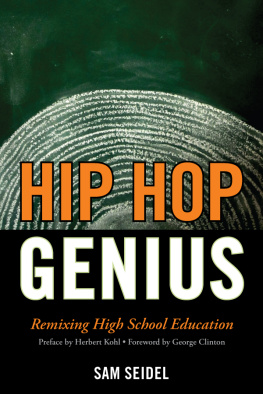
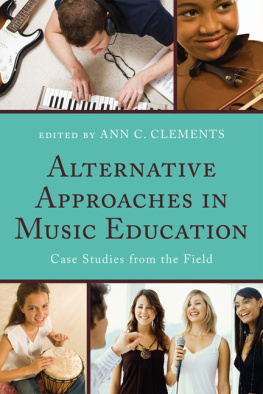
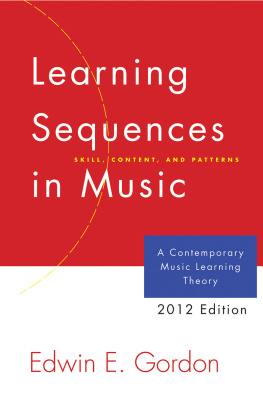
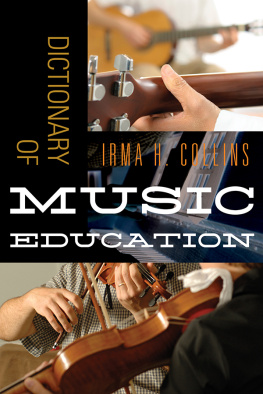
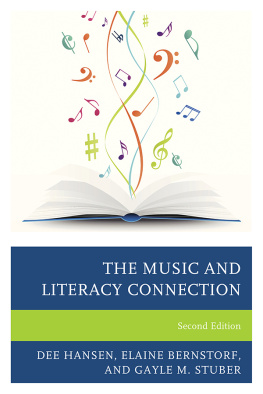
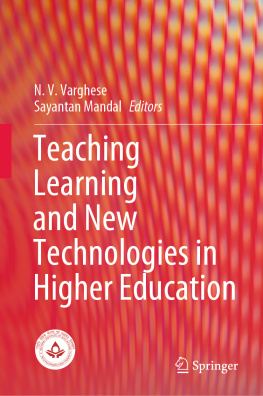
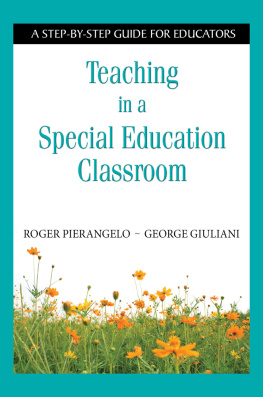
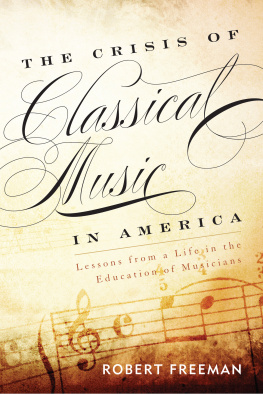
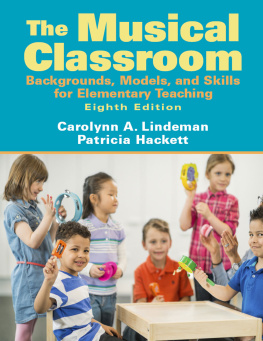
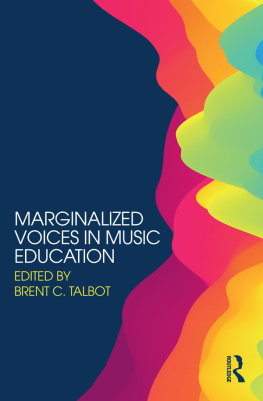
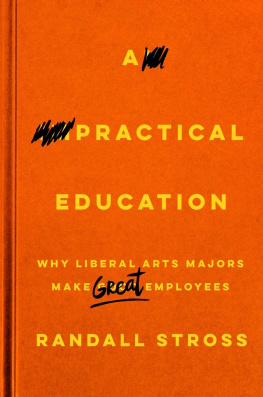
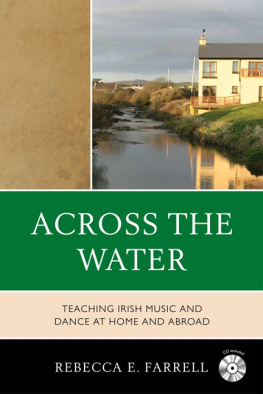

 The paper used in this publication meets the minimum requirements of the American National Standard for Information SciencesPermanence of Paper for Printed Library Materials, ANSI Z39.48-1992.
The paper used in this publication meets the minimum requirements of the American National Standard for Information SciencesPermanence of Paper for Printed Library Materials, ANSI Z39.48-1992.